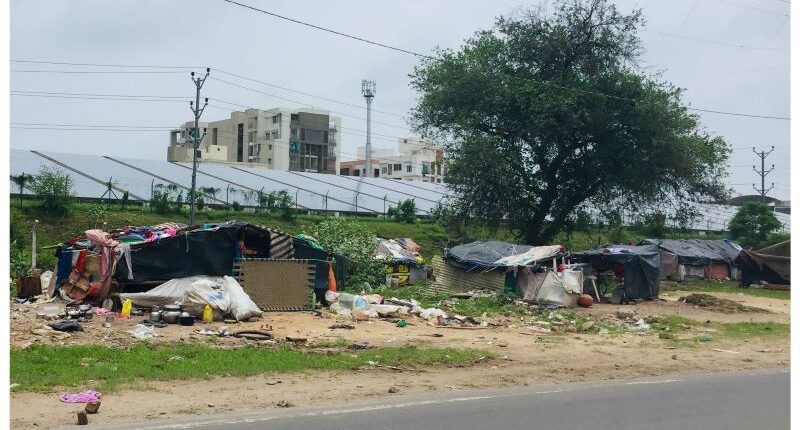- The ABS reports a 5.2% increase in homelessness since 2016
- Government-imposed lockdowns during COVID contributed to changes in homelessness data
- Males continue to form the majority of those experiencing homelessness
More Australians than ever before are struggling with a place to live with new data showing that there has been a sharp rise in the level of homelessness since the start of lockdowns.
The Australian Bureau of Statistics (ABS) has reported a 5.2% increase in homelessness since 2016, with more than 122,000 people experiencing homelessness on Census night in 2021.
According to Georgia Chapman, ABS Head of Homelessness Statistics, this equates to 48 people per 10,000, compared to 50 per 10,000 in 2016.
“The 2021 Census gives us a unique snapshot of people experiencing homelessness during the COVID-19 pandemic,” Chapman said.
Lockdown fallout
Chapman said the government-imposed lockdowns had a huge impact on people and saw many forced to stay in boarding houses and temporary situations.
“Measures to reduce the spread of COVID-19 throughout 2021 contributed to some of the changes in the homelessness data that we’ve released today. During the 2021 Census, we saw fewer people ‘sleeping rough’ in improvised dwellings, tents or sleeping out, and fewer people in living in ‘severely’ crowded dwellings and staying temporarily with other households.
“However, we saw more people living in supported accommodation for the homeless, boarding houses and other temporary lodgings, such as a hotel or motel.”
The data showed a decrease in the number of people ‘sleeping rough’ in improvised dwellings, tents, or sleeping out, as well as fewer people living in ‘severely’ crowded dwellings and staying temporarily with other households.
Males most impacted
Males continued to form the majority of those experiencing homelessness, with 68,000 or 55 in every 10,000 males in 2021, a less than 2% increase from 2016. The number of females experiencing homelessness increased by approximately 10% from 2016 to almost 54,000, or 42 in every 10,000 females.
Homelessness Australia CEO, Kate Colvin, emphasised the importance of Census data in providing insights into homelessness prevalence.
“This data is enormously valuable to inform the community, homelessness support services and government decision-makers about homelessness need in our community,” she said.








